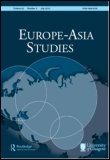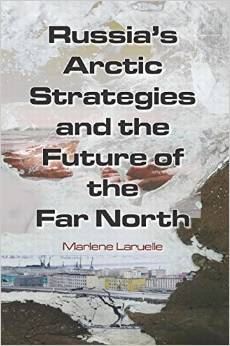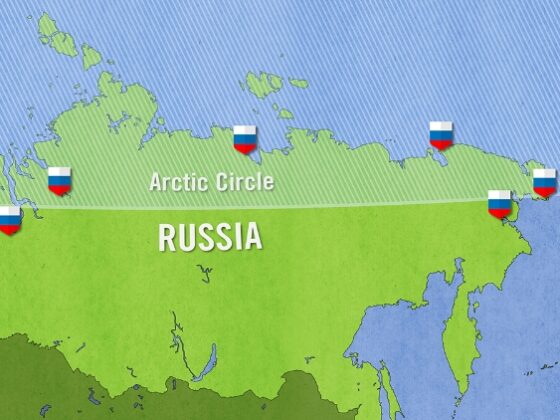(Europe-Asia Studies) Introduction: The accession to power of Vladimir Putin in 2000 was followed by a policy of national revival that crystallised under the banner of patriotism. Several government-sponsored programmes of ‘patriotic education for the citizens of the Russian Federation’ were adopted to promote the glorification of the fatherland, its greatness, and its distinctiveness. This policy has been conveyed by official institutions such as the educational system, the military, and the Russian Orthodox Church, as well as by United Russia and pro-presidential youth movements such as Nashi and Molodaya Gvardiya. Patriotic symbols have emerged in public space—the tricolour flag, St. George's ribbons—and historical commemorations now set the agenda. Television and cinema, the most influential media outlets, have been significant in staging this revival of Russia's national identity. Reference to the fatherland is used as a means of mobilising a detached public around the state and giving renewed prestige to a country whose international status has been questioned. This widespread discursive and symbolic patriotic turn has been extensively addressed by scholars, especially in the fields of history, culture, and consumption. […]
Recommended article: "Patriotic Youth Clubs in Russia. Professional Niches, Cultural Capital and Narratives of Social Engagement," by Marlene Laruelle (pages 8-27)
Patriotism from Below in Russia
(Subscription required)
Europe-Asia Studies
Volume 67, Issue 1, 2015











